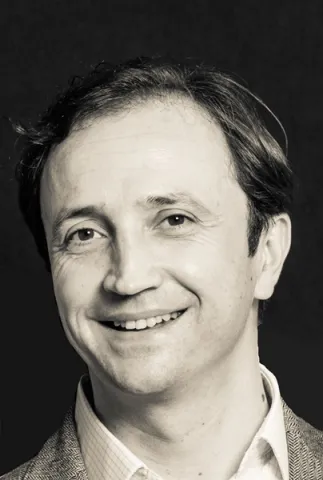About the project
This project aims to develop disposable silicon photonic sensors for healthcare monitoring. It will combine microsampling technology with mid-infrared sensors for simple, low-cost diagnostics. A guiding theme of the project is to improve healthcare inequalities by reducing barriers to access.
Microsampling is the technology for obtaining very small volumes of biological fluids such as blood, saliva or urine. For example, capillary blood can be taken near painlessly by not reaching far enough into the skin to trigger pain receptors. Patients and clinical trial participants strongly prefer these methods because they are less invasive and can be used outside of clinic settings.
The successful applicant would be able to explore different applications for this technique with our partners at University Hospital Southampton (UHS). This could be screening for substance abuse or doping violations in sports.
You will join a larger team working on clinical and oceanic applications of silicon photonics based in the Zepler Institute for Photonics and Nanoelectronics (ZIPN) at the University of Southampton (UoS). This is a multidisciplinary and inclusive community that includes collaborators from Chemistry and Medicine at UoS and regular visitors from our national and international partners.
The successful candidate will study the infrared detection of biomarkers from microsampled fluids. Your role will include designing, fabricating and testing the integration of microfluidics with mid-infrared waveguide sensors and comparing these with the current gold standard macrosampling analytical methods.
You will be based in ZIPN, where the microsampling and photonics chips will be fabricated in state-of-the-art cleanrooms, and will conduct experiments in both UoS laser laboratories and UHS clinical laboratories. There will be opportunity for you to work with clinicians to define how the sensors are used to maximise the medical utility and societal impact.
